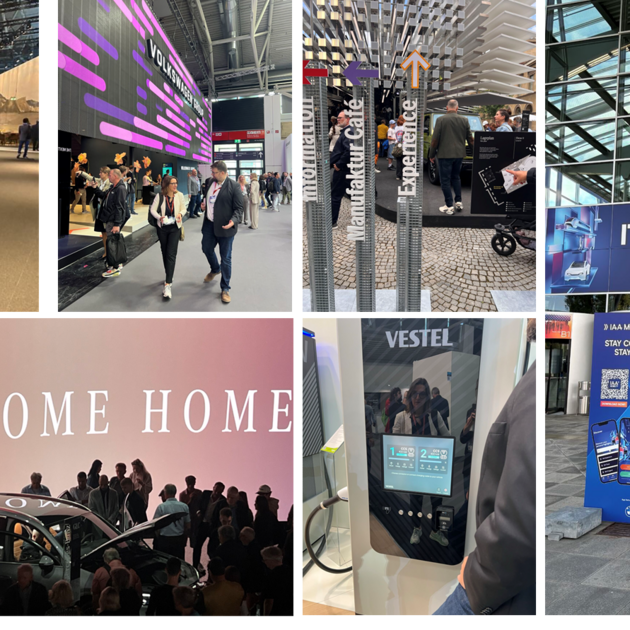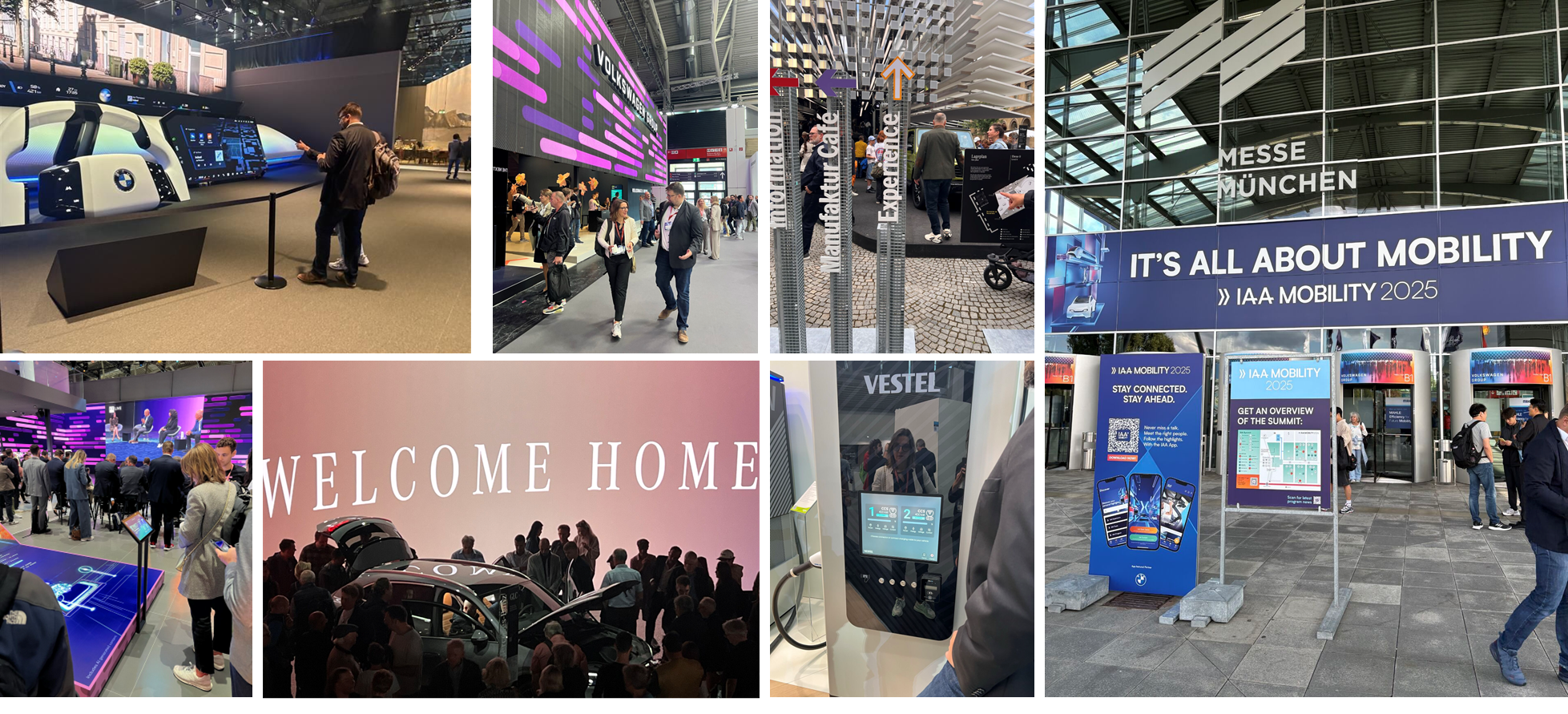Critical voices on the IAA 2025
As inspiring as the trade fair was, it was not free of criticism:
- Greenwashing? Sustainability is strongly staged, concrete actions sometimes lag behind.
- Use of space: The open space inspires many, others criticize the blocking of public spaces for PR purposes.
- Car show or genuine mobility turnaround? Despite its new name, the IAA remains heavily automobile-oriented, with alternative forms of mobility having more of a complementary effect.
- Pressure on German OEMs: In the face of strong competition from China, there are doubts as to whether German manufacturers will make sufficient progress in e-mobility and battery technology.
From a CX perspective, this means that brands need to prove that they are not just staging experiences, but also creating sustainable, relevant customer experiences that impress customers in everyday life.
CX perspective: mobility as a brand experience
For OEMs and mobility providers, this means that customer expectations are no longer just product-related. The mobility experience - from charging infrastructure and digital services to seamless switching between modes of transport - is becoming a decisive factor for loyalty and brand perception. Those who offer customers a simple, connected and sustainable mobility experience today will secure a decisive competitive advantage tomorrow.
My conclusion
The IAA 2025 has clearly shown: Mobility is becoming increasingly experience-oriented, sustainable and connected. Customer experience is the key to transforming innovation into real relevance and trust.
Whether in Germany, Europe or worldwide - the future of mobility is becoming more diverse, more digital and more customer-centric. Successful companies will be those that take a holistic approach to customer experience and not only meet expectations, but actively shape them.

